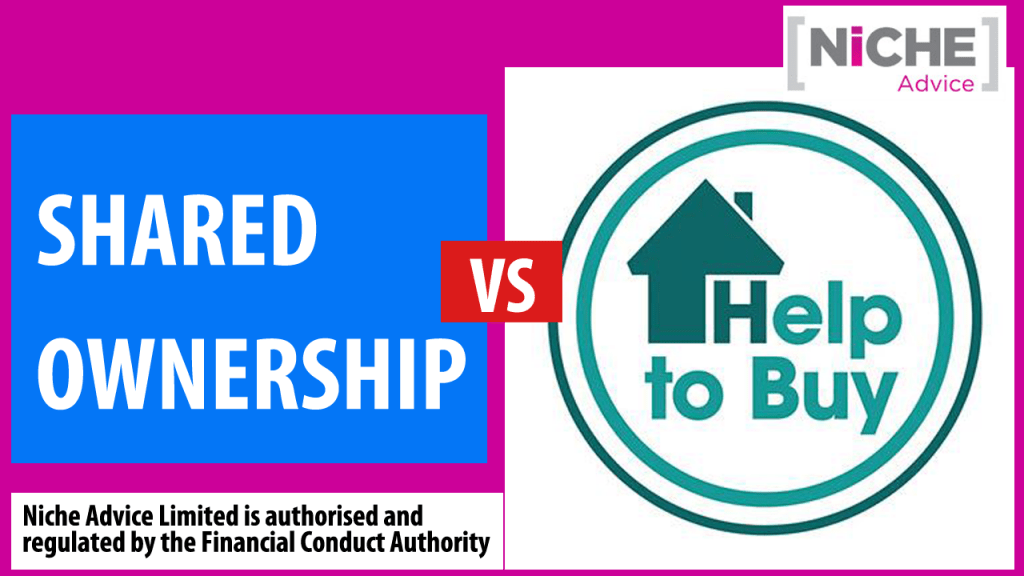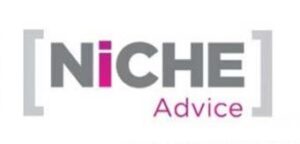
Shared Ownership vs Help to Buy what’s the difference
Not everyone can afford to buy a property outright but must strive to be a homeowner – in this article, I look at the two main alternatives Shared Ownership vs Help to Buy, and in particular the differences between Shared Ownership and Help to Buy.
This article concentrates in the main differences between Shared Ownership vs Help to Buy the actual scheme you take might have a variant so it’s important you look at the details with the help of your Solicitor. It focuses on the standard Help to Buy scheme and not Help to Buy London which attracts a 40% equity loan rather than 20% but should still prove useful to both.
My background is mortgages so I also provide information in this regard.
A summary of the differences between Shared Ownership and Help to Buy are laid out in tabular format below for ease of comparison.
Main differences between Shared Ownership vs Help to Buy
| Shared Ownership | Help to Buy | |
|---|---|---|
| Portion you own | 25% to 75% | 80% |
| Payment on unowned | In the form of rent | In the form of a loan from the Government |
| Deposit based on | Share you are buying | The open market value |
| Minimum deposit | Nil | 5% |
| Mortgage portion | Up to 100% of the share | Up to 75% of the open market value |
| Mortgage lenders* | 27 | 28 |
| Remortgage to staircase | Yes | Yes |
| Foreign nationals | Yes | Yes |
| Credit problems | Potentially | Potentially |
*Source Knowledge Bank 25/7/20
Ownership
On Help to Buy; if you make all your mortgage and equity loan payments, the mortgage is on a capital and interest repayment basis, then at the end of the mortgage term the property is owned outright.
On Shared Ownership, unless you staircase, the rental portion will remain and you will continue to be a part owner.
Separately in both schemes, depending on the contract, there may continue to be ongoing service charges/ground rent for the upkeep of the block/estate.
Deposit
The below calculations and information has been taken from the Help to buy website https://www.helptobuy.gov.uk/equity-loan/equity-loans/
When looking at the differences between Shared Ownership and Help to Buy – deposit size is the main one and probably the reason why you are looking at this article in the first place.There are mortgage providers that do not insist on a deposit on shared ownership but this is not the norm.
Example:
This section is probably best explained by an example. Gerry Smith and Belinder Khan are looking at a buying a 3 bedroom house for £350,000 in Manchester with a 5% deposit.
Shared ownership
If they were looking to purchase 25% share under shared ownership then:
Open market value £350,000 x 25% = Purchase price £87,500 x 5% = £4,375
On Help to Buy
Open market value £350,000 x 80% = Purchase price £280,000 x 5% = £14,000
The deposit requirement is quite different but then you need to bear in mind the amount of the property you own is too.
Staircasing
Staircasing is the remortgage of a property to increase your shareholding in the property.
On Help to Buy staircasing has limited mortgage lender options. The standard position is the remaining share must be bought outright with 75% loan-to-open market value the maximum. The lenders that do offer a staircasing facility tend to insist on blocks of 10%. There are of course exceptions.
For Shared Ownership the majority of remortgage lenders limit themselves to a straight balance swap or buy the remaining shares in total. Remortgaging to staircase to simply increase the share can be done but are hard to come by.
Paying back the Help to Buy equity loan
For the first five 5 years:
- the equity loan is interest free
- you pay a £1 monthly management fee by Direct Debit
From year 6:
- you continue to pay the £1 monthly management fee
- you start to pay a monthly interest fee of 1.75% of the equity loan
- your interest fee will rise each year in April by the Regional Price Index (RPI) plus 1% until you repay your loan
You only need to repay the equity loan in full when you:
- pay off your mortgage
- sell your home
- come to the end of your equity loan term.
But you can choose to pay off your equity loan any time, in full or in 10% chunks before the end of the loan period.
The amount you borrow is a percentage of the value of your new home. And the amount you pay back is the same percentage of the value of your home.
This means, if the value of your home rises, so does the amount you owe on your equity loan. It works both ways, so if the value of your home falls, the amount you owe on your loan falls too.
Example: Repaying a 20% equity loan where the home has increased in value.
- buy your home for £200,000
- sell your home for £210,000
- Repay your 20% equity loan, £42,000
- Pay off your 75% mortgage, £157,500
- Get your deposit back and a profit, £10,500.
Example: Repaying a 40% equity loan where the home has increased in value you:
- buy your home for £400,000
- sell your home for £420,000
- Repay your 40% equity loan, £168,000
- pay off your 55% mortgage, £231,000
- get your deposit back and a small profit, £21,000
Foreign Nationals
In this context by “Foreign Nationals”, I mean mortgage applicants who live in the UK but are here on a Visa.
The Housing Association or Charity that is running the shared ownership scheme may be focused at a target group so you will first need to check the quota they allow for foreign nationals. From a mortgage prospective there are options but you would been to put in 25% to 15% deposit on the share.
On Help to Buy the decision to allow foreign national applicants is devolved to the local Help to Buy Agency. Mortgage options are available with a minimum 5% deposit requirement unchanged.
Credit problems
Mortgage solutions are generally only available to applicants with permanent rights to reside in the UK. Depending on the severity and age of the credit problems the interest rates can be much higher than normal as there simply are not many mortgage lenders competing for this type of business as there is likely to be more chance of default and repossession process is protracted by the involvement of the third party custodians be it Help to Buy or Shared Ownership.
At Niche Advice we can help you compare mortgages to do with Shared Ownership vs Help to Buy so please do get in touch would you need further information.


